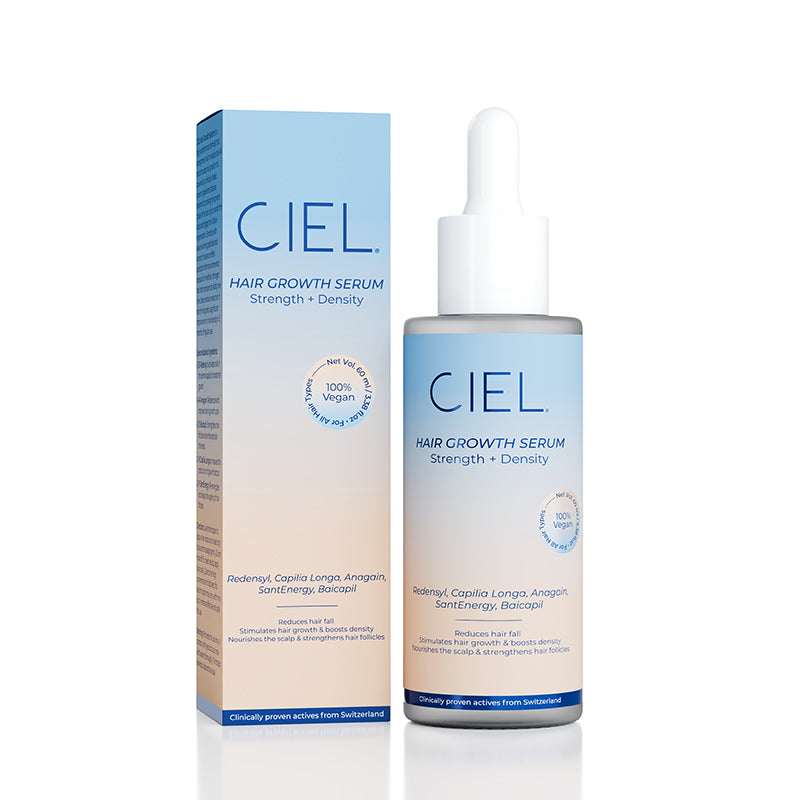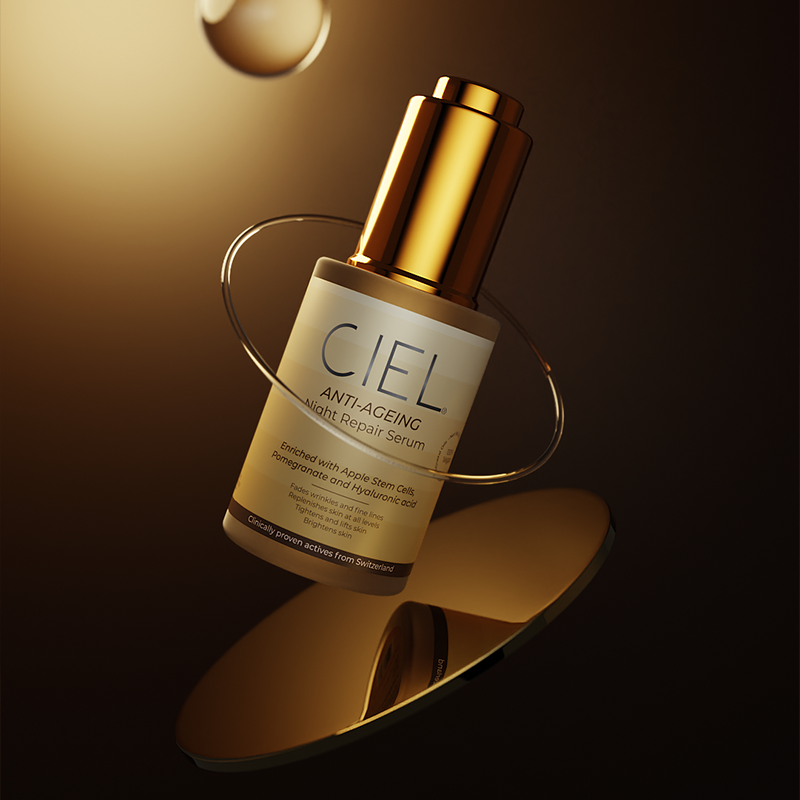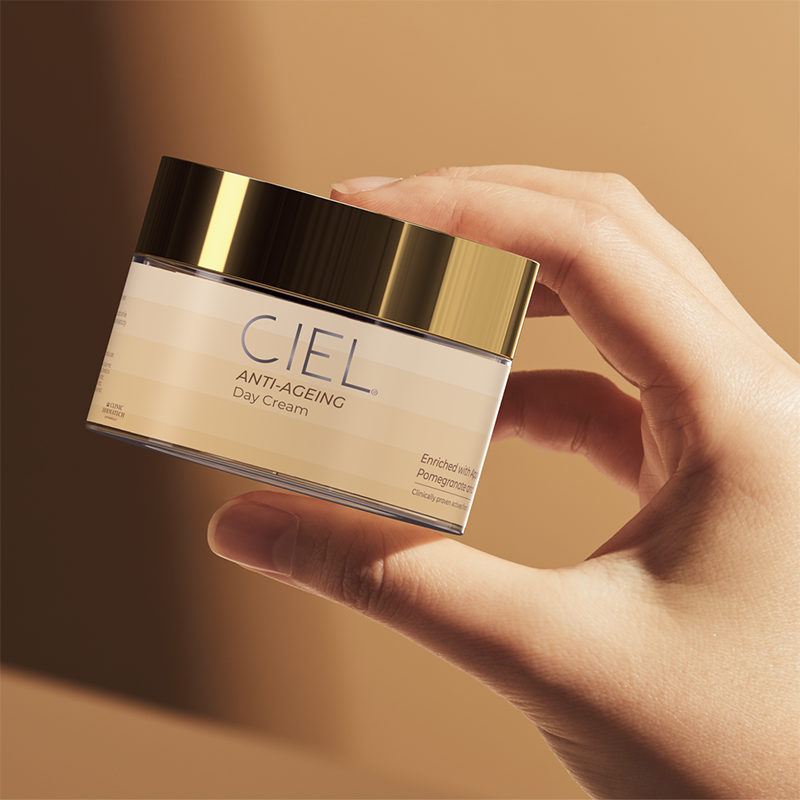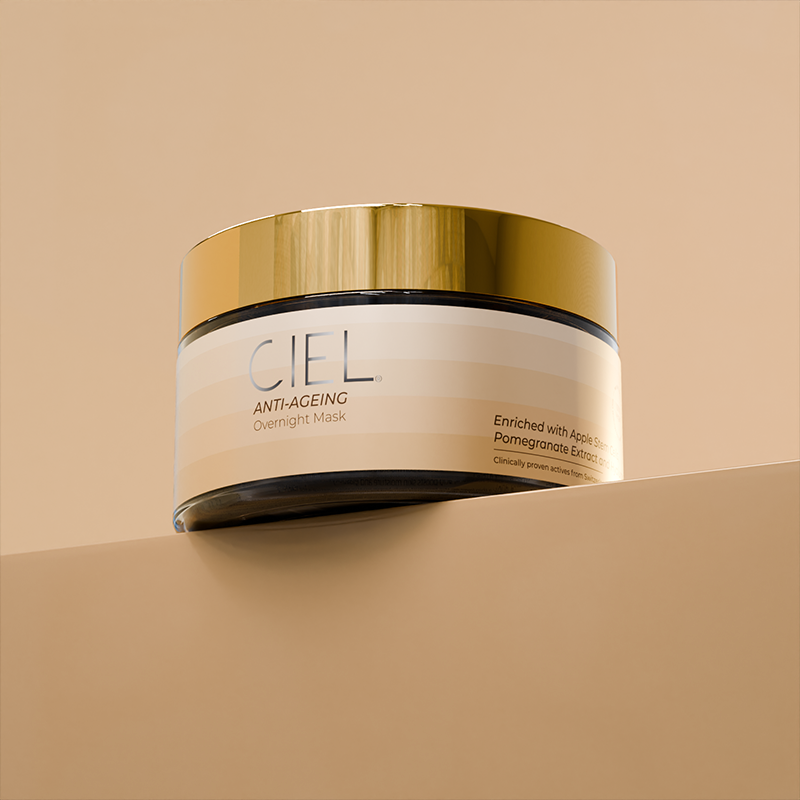Does your skin emit extra shine? Don’t worry!
The reality is that our skin produces some oil naturally. The sebaceous glands under the skin’s pores secrete sebum to keep our skin healthy and hydrated.
However, in some cases, these sebaceous glands produce too much oil creating oily skin. If your skin looks shiny and you always carry an oil control face wash or an oil control face mask, you already know you have oily skin. Oily skin can make you feel greasy within a few hours of cleansing. Oily skin is also prone to blackheads, acne, and breakouts as the sebum mixes with dead cells and gets clogged in your pores.

Here are a few underlying factors you should identify that cause skin to get oilier than usual.
1.Genetics
If either of your parents has oily skin, chances are high that you will inherit oily skin from them. Oily skin is often passed down the family tree.
2. Over washing/Cleansing
If your skin looks shiny, avoid washing it repeatedly using harsh skin products. Instead, opt for a mild face wash for oily skin like CIEL Oil Control Face Wash. It is gentle, soft, and created with the needs of oily and acne-prone skin in mind. Using too many products on your skin or scrubbing your face using exfoliation products may strip off the natural moisture barrier and make your sebaceous glands produce more oil.

3. Environment
Hot weather and humidity can stimulate sebum secretion, which can cause more oil production. On the other hand, in colder areas, the skin can dry out and cause the oil glands to go into overdrive and compensate for it.
4. Medication
Hormone replacement medication and oral contraceptives can also cause an increase in oil production. People who take these medications can have oily skin as a side effect. A few other medicines can also cause dehydration and overproduction of oil.
5. Hormonal Changes
Oily skin and hormones go hand in hand. Hormones called androgens are responsible for oil secretion. Sometimes, the hormone fluctuates and increases sebum production. However, this usually happens during puberty, before menstruation, pregnancy, or menopause. Stress can also trigger the hormones affecting oil production.
6. Cosmetics
It is crucial to use skin products suitable for your skin type and labelled as non-comedogenic or oil-free. For instance, if you use a clay mask for oily skin when your skin type is actually dry, you will either dry out your face or increase the oil production. Poor quality cosmetics are harsh on your skin, damage the barriers and make your sebaceous glands pump out more oil.
7. Poor Diet
It may be tough to avoid eating foods with refined carbs, sugars, and dairy. But, one must consume these foods in moderation to keep various oily skin concerns at bay.
CIEL offers a complete range of skin products for oily skin. From oil control face mask to day cream and oil control face wash, our formulations help you achieve an oil-free and flawless look.




